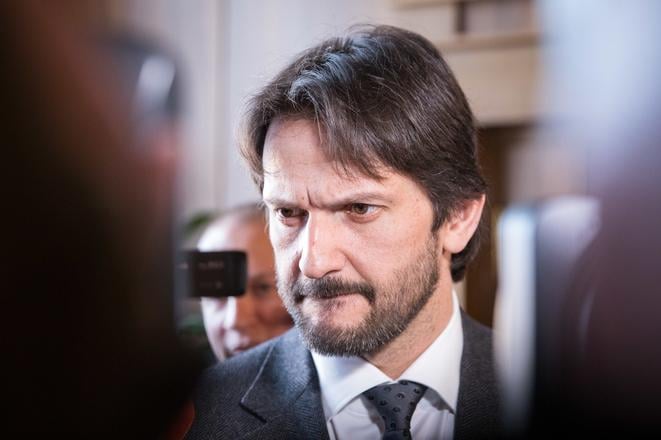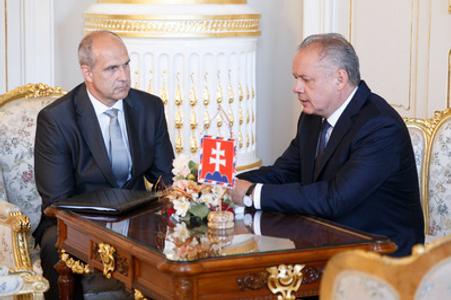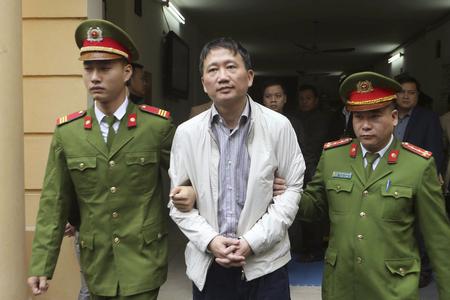Sme: How do you think Slovakia should have reacted to Germany’s suspicions in connection to the abduction of Vietnamese businessman and ex-politician, Trinh Xuan Thanh?
Robert Kaliňák (RK): We have already expressed our indignation over this. In the meantime, no new information has arrived. Slovakia could not have had knowledge about that. Secondly, it happened on German territory. So I have one question: If he was wanted, why was he not included in the Schengen information system where wanted or missing persons are registered.
Sme: So you think measures made by Slovakia so far are sufficient?
RK: There's nothing more to do than what we have already done.
Sme: Wouldn’t it be appropriate then for Slovakia to launch an investigation as well?
RK: Well, you know, dear colleague, our Criminal Law speaks clearly: we cannot investigate a crime that happened in Germany, we cannot investigate German issues. This is being investigated in Germany, and that’s why we have been rendering all cooperation – even beyond what is usually done. We gave all information on the diplomatic meeting which, as you surely know, is normally kept secret. We clearly said that we believe that our hospitability was not abused.
Sme: But you surely know that three vans in which another Vietnamese citizen, identified as Long N. H., kidnapped Thanh, were located – according to GPS – in front of the Bôrik hotel in Bratislava during your meeting with the Vietnamese delegation.
RK: Yes. They have the information that these cars were in Slovakia. We gave all photos of those cars; thanks to this information from us, they know their specific movements during that time.
Sme: Did you know when you were having lunch with the Vietnamese in the Bôrik hotel that there are some vans in front of it?
RK: No, I didn’t. When a representative of a big Asian country is here, they often have all kinds of “minions” from neighbouring countries to greet and shake hands with. This is nothing exceptional. Even if there were any vans there, it would arouse no attention. After all, it was a publicly-known event. If you wanted to be there, you could have been there and taken pictures.
Sme: Was Slovakia tricked by the Vietnamese when they were hospitable and welcoming towards them?
RK: There was nothing to be tricked about. They asked us for a favour and we obliged. Our generosity may have been abused. I cannot imagine that the minister would personally be engaged in such a mess.
Sme: So you don’t think that you could have asked your Vietnamese colleague to explain in more detail what he needed the plane for?
RK: I'll explain again that he missed his flight, or something like that, and he asked me whether we could fly them to Moscow. There was no reason to doubt him.
Sme. And what did he tell you? What did he need the plane for?
RK: Well, to get to Moscow. We picked him and flew him from Prague, as he was supposed to land in Vienna. The whole schedule was changed, and thus delayed. It seemed okay. If it was true what the Germans say, that there was a handcuffed or otherwise constrained person, we would have surely mentioned it very quickly. The reaction would have been clear. But there was no such person. Moreover, the Germans interrogated all airport employees, crews and staffers of Bôrik hotel. I keep saying one thing: this is between Germany and Vietnam, and something is fishy.
Sme: What is fishy?
RK: They didn’t report him as wanted or missing to the Schengen information system.
©Sme
Author: Jan Krempasky



